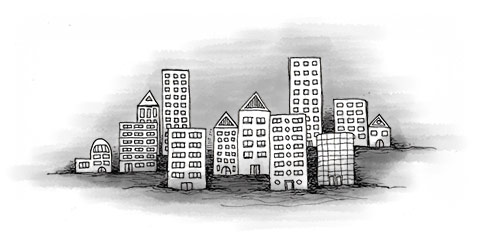Utilities
Electricity
The major private electricity providers in the Dominican Republic are part-owned by the government and are responsible for different parts of the island. Distribuidora del Este covers the eastern side of Santo Domingo as well as the eastern provinces, while Distribuidora del Sur and Distribuidora del Norte are responsible for the rest of the capital plus the southern and northern portions of the country. There are also independent electricity providers such as Itabo, CEPM, and CEB.
Despite the number of providers, private generators are still responsible for about half of the country’s electricity usage. This can be explained by the energy companies’ high prices and low reliability. Electricity supply in the Dominican Republic is still very inconsistent (power cuts are the norm), so if you move into accommodation which gets its electricity from a company, make sure you enquire about a backup generator.
Gas
The expense and unreliability of electricity mean that gas stoves are common in the Dominican Republic. These are fuelled by large canisters which are both cheap and dependable. A forty-five kilo gas tank can be bought very cheaply and will last around three months.
Water
Water is provided by private companies in the largest cities, while elsewhere in the country access is state-managed. Officially, residents should be billed for water used in urbanised areas, but collection rates are low and it is estimated that most Dominican households pay as little as US$0.50 per month on average for water supply. In rural areas, communities set their own water tariffs. These are usually less that US$1 per month.
Telephone
The Dominican Republic has one of the more advanced telecommunications systems in Latin America. See the Telephone and Internet section for more information on how to set up your service.
Internet
You can find more details on this in the Telephone and Internet section. Wireless or cable internet is available throughout the country.
Home insurance
It is advisable to purchase home insurance if you are renting property in the Dominican Republic. Taking out a policy involves a similar process to the U.S. When discussing what your policy covers, it’s a good idea to consider paying extra to include hurricane damage, which can be relatively common if living by the coast.
The cost of your policy will then be determined by an inspector who visits your house or apartment. Some insurance providers will then ask for up to a 30% advance followed by monthly payments - though this varies company to company. Some of the major providers include Seguros Worldwide, Seguros Popular, Unika, and Proseguros. Those expats who speak little Spanish may even wish to consider a policy from a provider in their home country, though this will work out to be more expensive.

